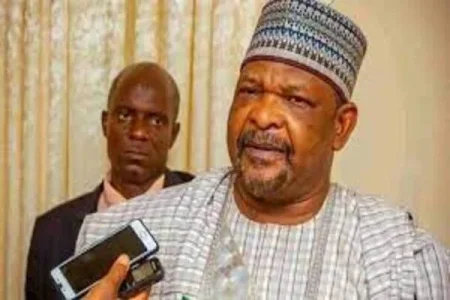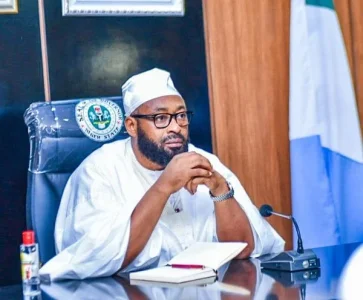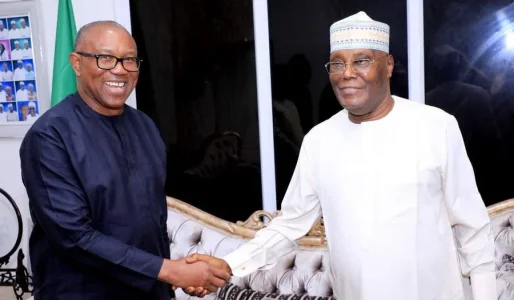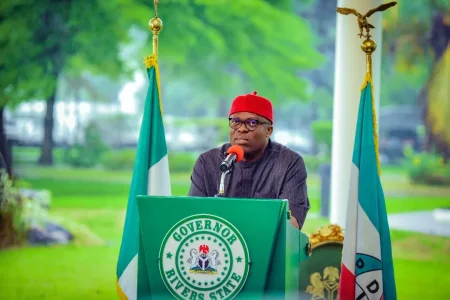
An investigation by Premium Times has validated the startling claims made by Senator Abdul Ningi regarding the presence of over N53 billion worth of projects without specific locations in Nigeria's 2024 Appropriations Act. Senator Ningi, representing Bauchi Central Senatorial District, recently accused the Senate leadership of fraudulently smuggling projects into the budget, leading to his suspension from the Senate.
Premium Times obtained documents corroborating Senator Ningi's allegations, revealing that 36 projects, totaling N53 billion, lack specific locations despite their budgetary allocations. This revelation underscores serious concerns about transparency and accountability in the budgeting process.
President Bola Tinubu initially presented a N27.5 trillion budget to the National Assembly in November 2023, with N9.92 trillion allocated for recurrent expenditure, N8.7 trillion for capital expenditure, and N8.25 trillion for debt servicing. Within a month, lawmakers passed the budget, increasing it by N1.2 trillion to N28.7 trillion, amid criticisms of haste compromising due diligence.
Controversy erupted barely 60 days into the budget's implementation, as Senator Ningi alleged the smuggling of N3.7 trillion worth of projects into the budget during a meeting with Senate President Godswill Akpabio and other principal officers. Despite subsequent attempts to pressure him to recant his claims, Senator Ningi stood by his assertions and was subsequently suspended.
Premium Times' investigation revealed numerous projects lacking specific locations, including initiatives like "Energy Poverty Intervention in Selected Rural Cooperators Settlements" and "Construction of Solar Street Lights in Selected Cooperators Settlement." Many of these projects were not part of President Tinubu's initial budget proposal.
The saga surrounding budget padding in Nigeria has long been a contentious issue, with lawmakers defending their prerogative to include projects in the budget. While the Zip Fund, allocated annually to lawmakers for constituency projects, ostensibly serves this purpose, concerns persist over transparency and accountability in project implementation.
President Tinubu's apparent acquiescence to lawmakers' budget insertions, coupled with the involvement of former legislators in key government positions, suggests a lack of resolve in addressing the issue of budget padding. Despite Senator Ningi's allegations and subsequent recantation under pressure, the fundamental challenges of corruption and opacity in Nigeria's budgeting process remain unresolved.
As the nation grapples with the fallout from these revelations, calls for comprehensive reform and greater oversight in budgetary processes grow louder. The integrity of Nigeria's fiscal management hinges on decisive action to address these systemic flaws and ensure the prudent allocation of public resources for the benefit of all citizens.




